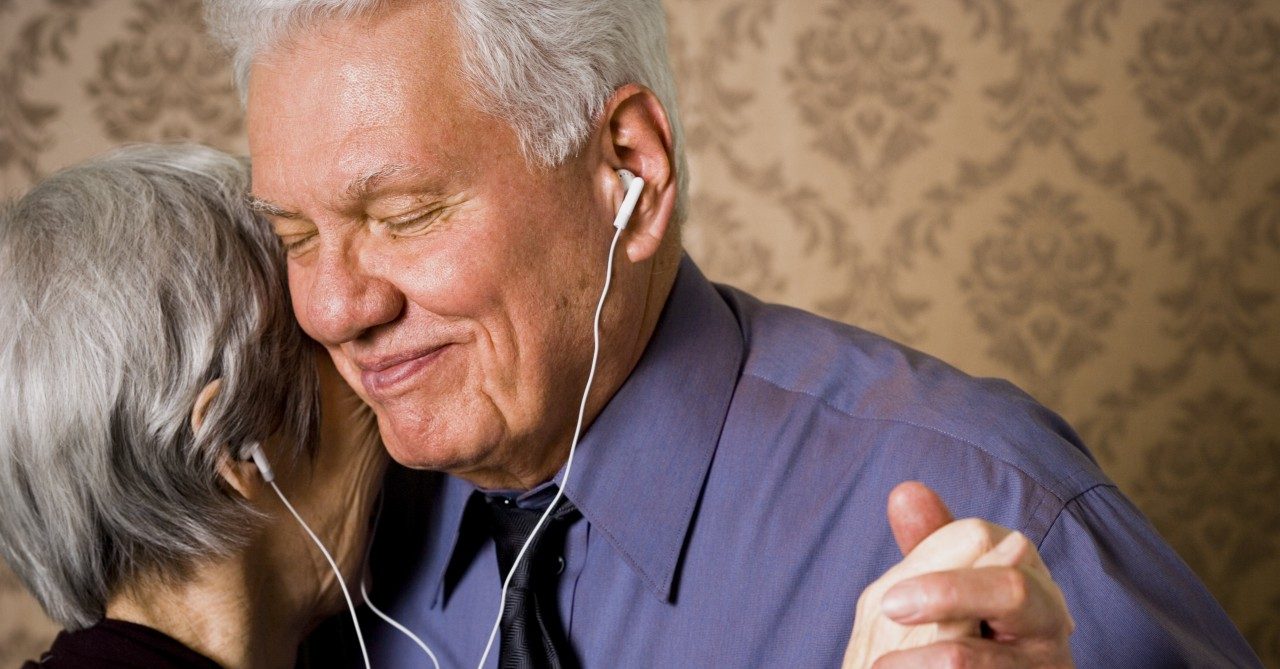Hearing Problems Reduce an Older Person’s Quality of Life

If you have hearing problems as you age, you might be more vulnerable to isolation, dementia, depression, and anxiety. But wearing hearing aids can help.
Undiagnosed or undertreated hearing loss, a common and treatable condition, can have big consequences. It is tied to cognitive decline, dementia, depression, anxiety, and falls, all of which take a toll on an older person’s independence. Hearing aids can help.
YOU MIGHT ALSO LIKE: Why You Should Get Hearing Aids
Hearing problems often begin in midlife and slowly get worse. For about 8.5 percent of adults aged 55 to 64, hearing loss has become disabling. That’s true for nearly 25 percent of those aged 65 to 74 and 50 percent of those who are 75 and older.
When you can’t hear easily, you get less out of social occasions and may be twice as likely to avoid activities outside of your home.
As many as one in four U.S. adults aged 65 and older are socially isolated, according to the U.S. Centers for Disease Control and Prevention. Social isolation is no small matter; feeling lonely is as destructive as a significant smoking problem. It has also been linked to an increased risk of memory problems, including dementia.
But hearing aids can help. In a large study, researchers concluded that more than 77 percent of people with moderate untreated hearing loss experienced some kind of psychological distress, but that was true of only 23 percent who wore hearing aids. Even mild hearing loss increases your chance of taking antianxiety drugs or antidepressants.
Hearing aids may also lower your rate of cognitive decline, according to a Johns Hopkins study of nearly 1,000 adults ages 70 to 84 with significant hearing loss. Half of the group received hearing aids and guidance on how to use them; the other half received a program on healthy aging.
The researchers checked in with the volunteers every six months over three years. Only the people who received the hearing aids reported improvement in communication abilities. Among a subgroup who had a higher risk of dementia because of age and apparent cognitive issues, people who received hearing aids reduced their rate of cognitive decline nearly in half, compared with the control group.
“Hearing loss is very treatable in later life, which makes it an important public health target to reduce risk of cognitive decline and dementia,” noted co-lead author Frank Lin, MD, PhD.
It’s important to pay attention in your 60s, when many people simply muddle along ignoring a growing problem. A study from the University of British Columbia concluded that even small dips in hearing sensitivity during your 60s can lead to social isolation. A decrease of just 10 decibels — equivalent to soft breathing — had the impact of four years of normal aging in loss of memory and other cognitive measures.
If you’re shaky on your feet and afraid of standing and walking, you’re likely to stay home. Hearing loss affects balance, which is dependent on the health of your inner ear. In a review of studies, individuals with moderate-to-severe untreated hearing loss had a slower walking speed and more difficulty rising from their chairs than people with normal hearing. Those troubles can lead to isolation.
Struggling to hear is exhausting, making noisy gatherings unpleasant. But you may end up feeling distant from family members and friends when you skip social occasions. You may become anxious about missing phone calls and alarms or about mishearing people. You may experience family members getting angry, shouting, or withdrawing from you.
Being hard of hearing can even raise your risk of death. Without hearing aids, you may have problems driving or not hear a doctor's advice. You may miss fire alarms and doorbells and fail to respond to shouts.
But hearing aids can almost always help hearing loss. Surgery and other treatments can also help. The first step is being tested for hearing problems.
The National Institute on Deafness and Other Communication Disorders offers information on signs and symptoms of hearing loss. You can also find advice about when to see an otolaryngologist (a doctor who specializes in diagnosing and treating diseases of the ear, nose, and throat), who can find out what’s behind your hearing problems and the best treatment for you.
Organizations such as the SertomaClub specialize in providing services for the hearing impaired.
Updated:
January 30, 2024
Reviewed By:
Janet O’Dell, RN